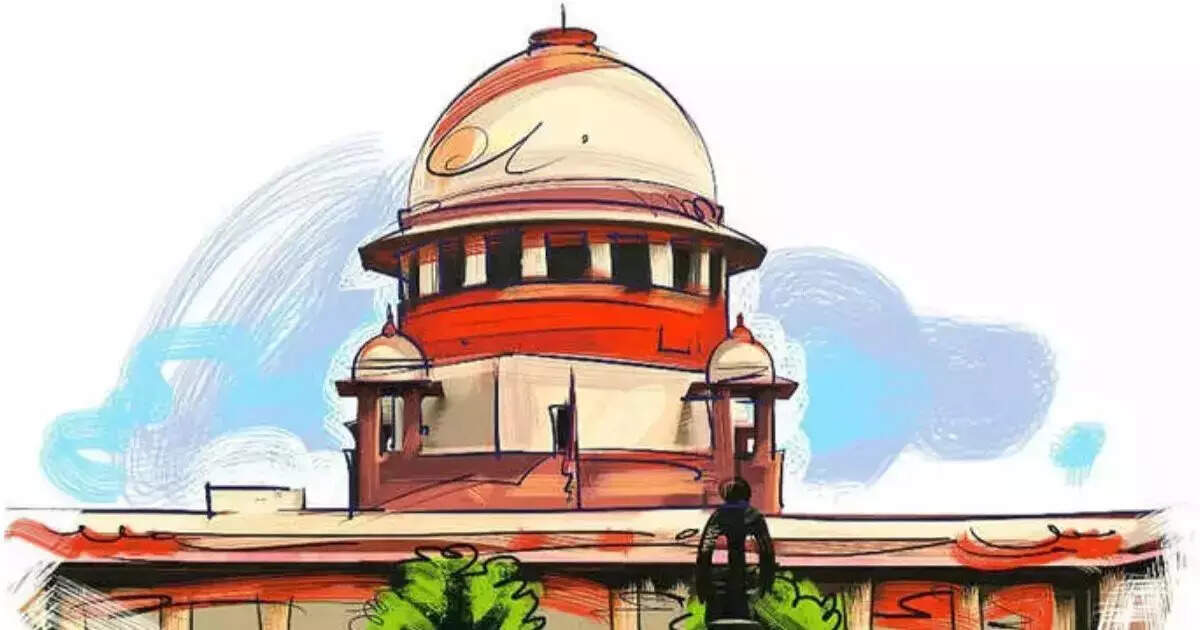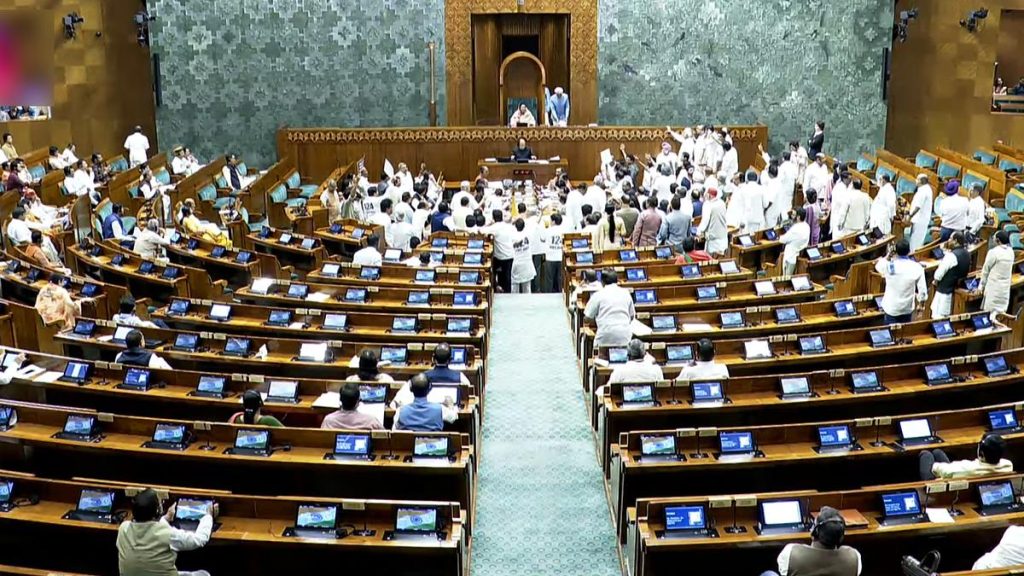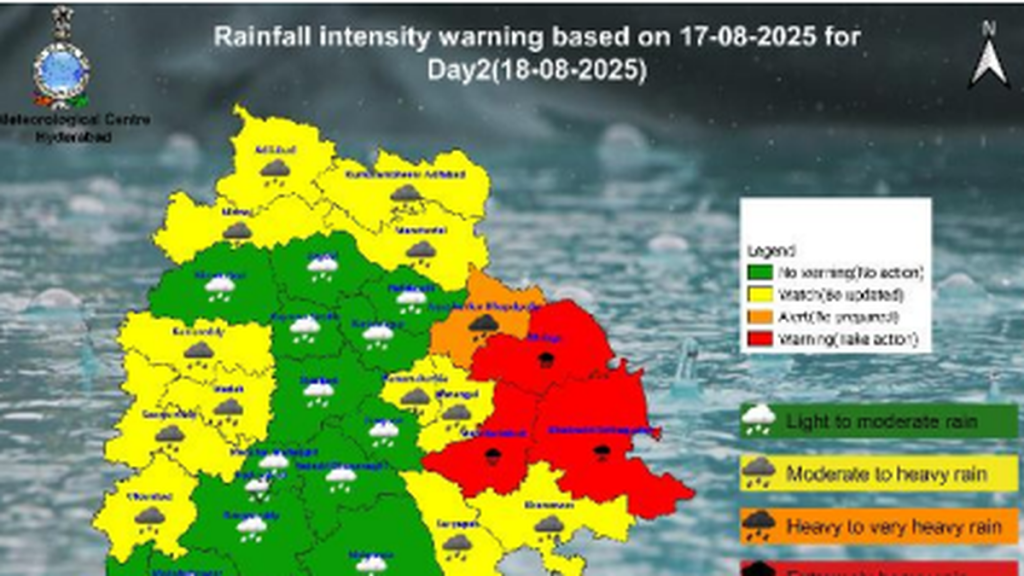Now Reading: Please provide the original headline you would like me to revise
-
01
Please provide the original headline you would like me to revise
Please provide the original headline you would like me to revise

Quick Summary
- The Supreme Court of India recently issued a decision impacting the President’s authority over bills passed by state legislatures.
- The Court has suggested that the President, under Article 143, should take its advice on the constitutionality of bills deemed unconstitutional before further action.
- Article 201 does not mandate the President too provide reasons or time limits for withholding assent to a bill or sending it back to the legislature.
- A bench of Justices J.B. Pardiwala adn R. Mahadevan emphasized that proposals appearing unconstitutional should undergo judicial scrutiny prior to lawmaking.
- Currently, constitutional litigation does not have provisions analogous to “advance rulings” found in GST and income tax laws; hence, SC argued its involvement is necesary in assessing pre-legislation validity.
- While SC can provide opinions under Article 143 when approached by the President, such opinions are non-binding on the executive arm.
Indian Opinion Analysis
The Supreme Court’s stance arguably blurs boundaries between legislative and judicial roles within India’s constitutional framework. By recommending increased reliance on judicial advice for bills’ constitutionality assessments-especially through Article 143-the judgment appears aimed at strengthening checks against potential misuse or oversight in legislative processes.
Though, such an arrangement could substantially burden institutional capacities if scaled across numerous states and frequent legislation cases. For example, with possibly dozens of bills annually requiring constitutional review from multiple states, delays akin to historic instances like Punjab’s Termination Act (2004) might resurface-highlighting procedural inefficiencies.
The broader implication involves rethinking procedural protocols governing presidential prerogatives while ensuring legislative autonomy isn’t overly curtailed by judiciary motions beyond entrenched bounds established under Articles 143/201 restrictions today. This ruling may catalyze debates around defining clear-cut jurisdiction versatility amongst governmental compartments amid evolving democratic interpretations.
























